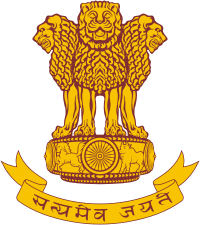B.Sc. Forensic Science
Upon completion of the 3-year B.Sc. Forensic Science program, students will be able to demonstrate an understanding of the fundamental concepts and theories of forensic science, chemical science, physical science, biological science, psychology, computer science, and law.
Students who successfully complete the program will be able to apply scientific principles and methods to the analysis and interpretation of forensic evidence, including crime scene investigation, laboratory analysis, and data interpretation.
Upon graduation, students will be able to communicate effectively, both orally and in writing, about complex forensic science concepts, techniques, and findings to a variety of audiences, including law enforcement officials, attorneys, and the general public.
Graduates will be able to think critically and solve problems related to forensic science, using analytical and logical reasoning skills to identify and evaluate evidence, generate hypotheses, and make informed conclusions.
Upon completion of the program, students will have demonstrated ethical and professional conduct in all aspects of their work, including respect for privacy and confidentiality, adherence to scientific standards and protocols, and awareness of the social and legal implications of forensic evidence.


